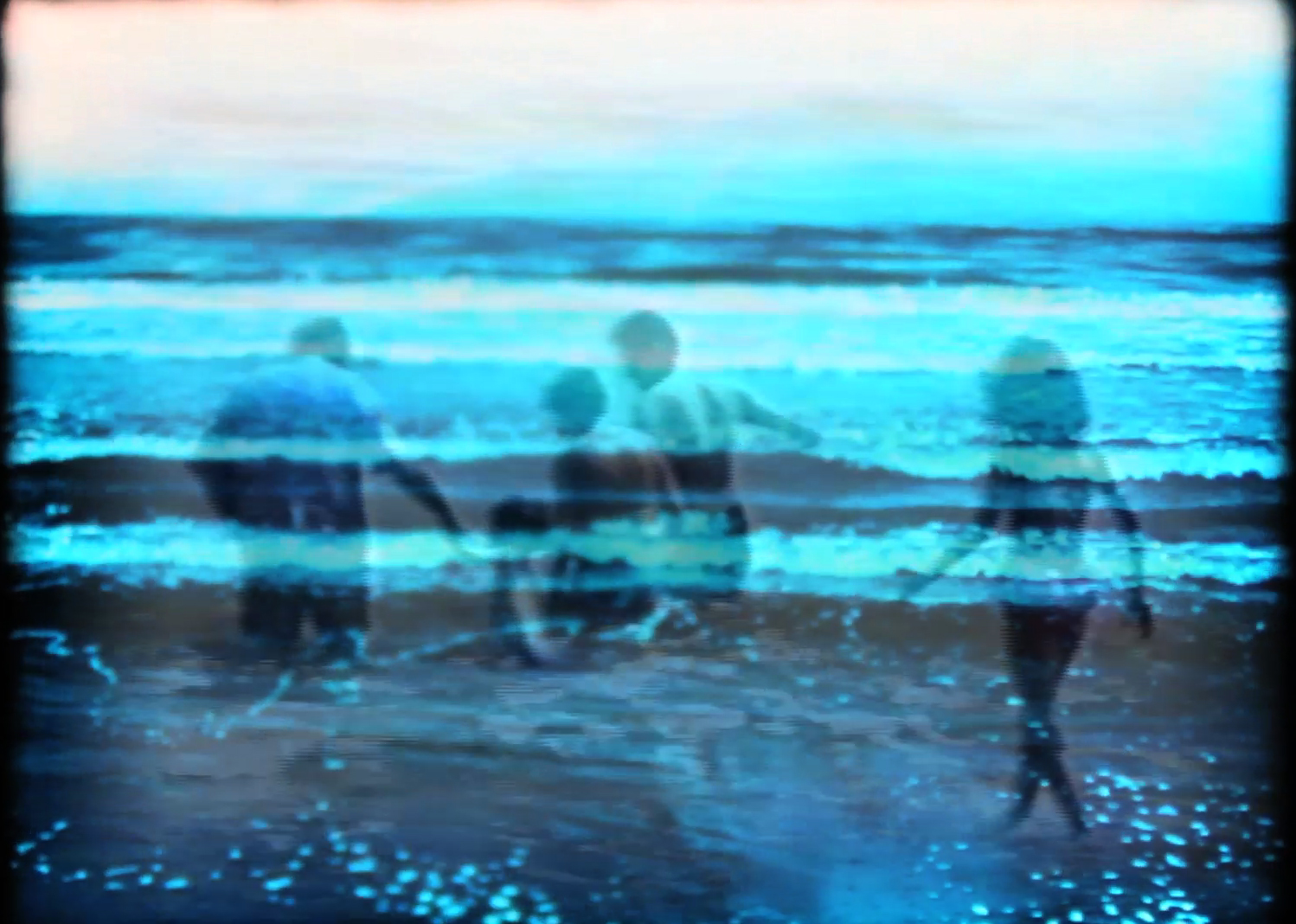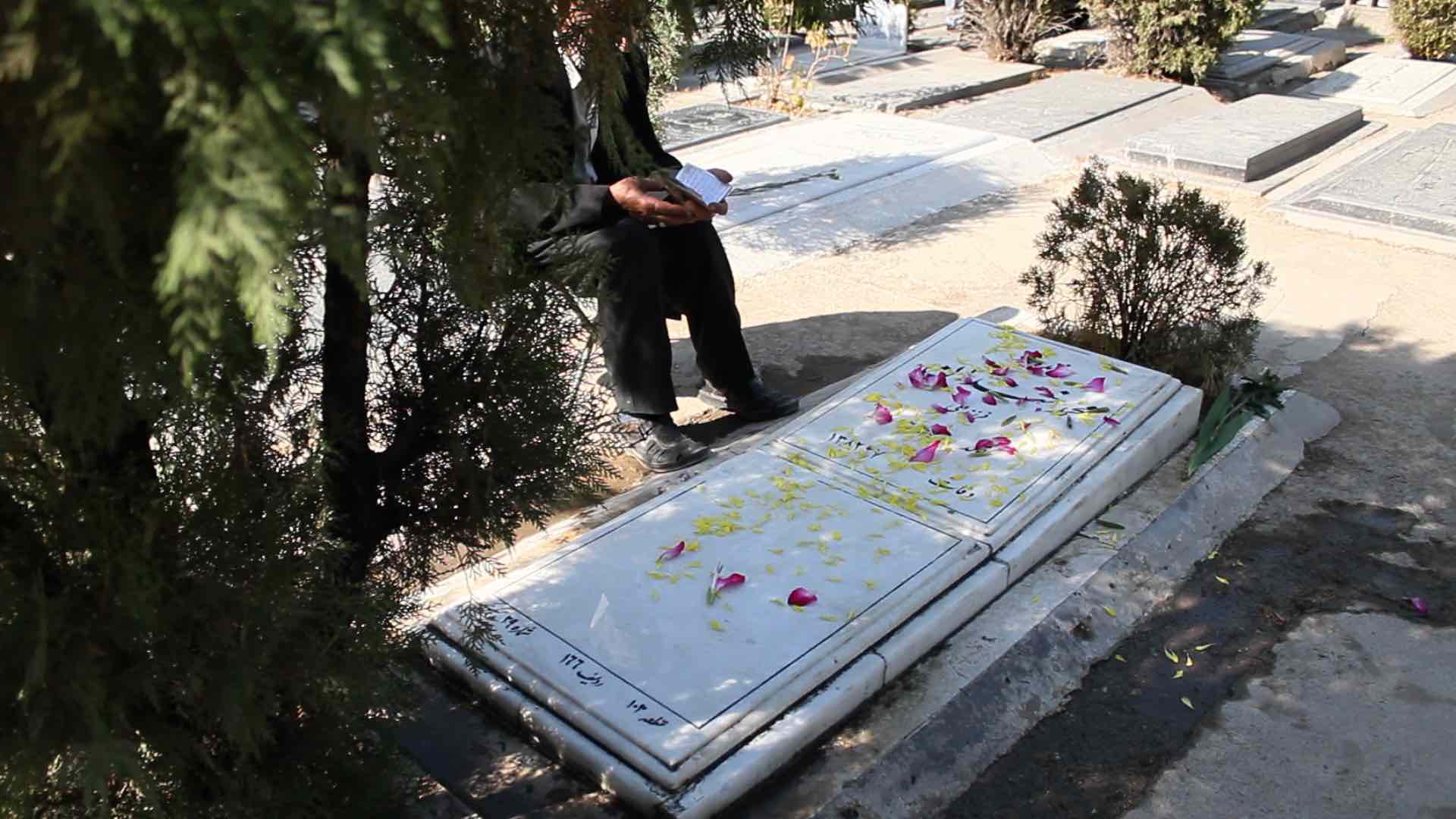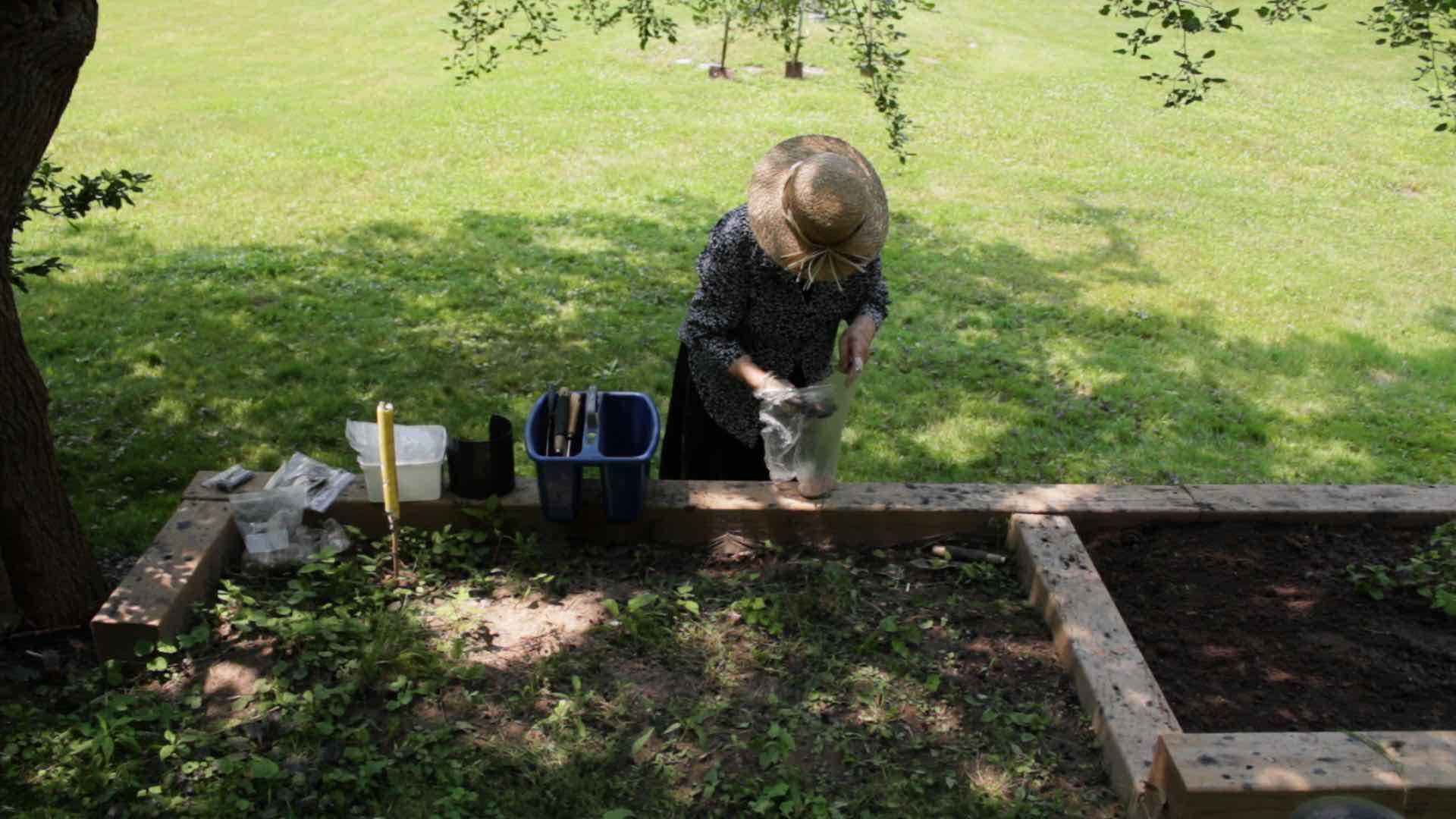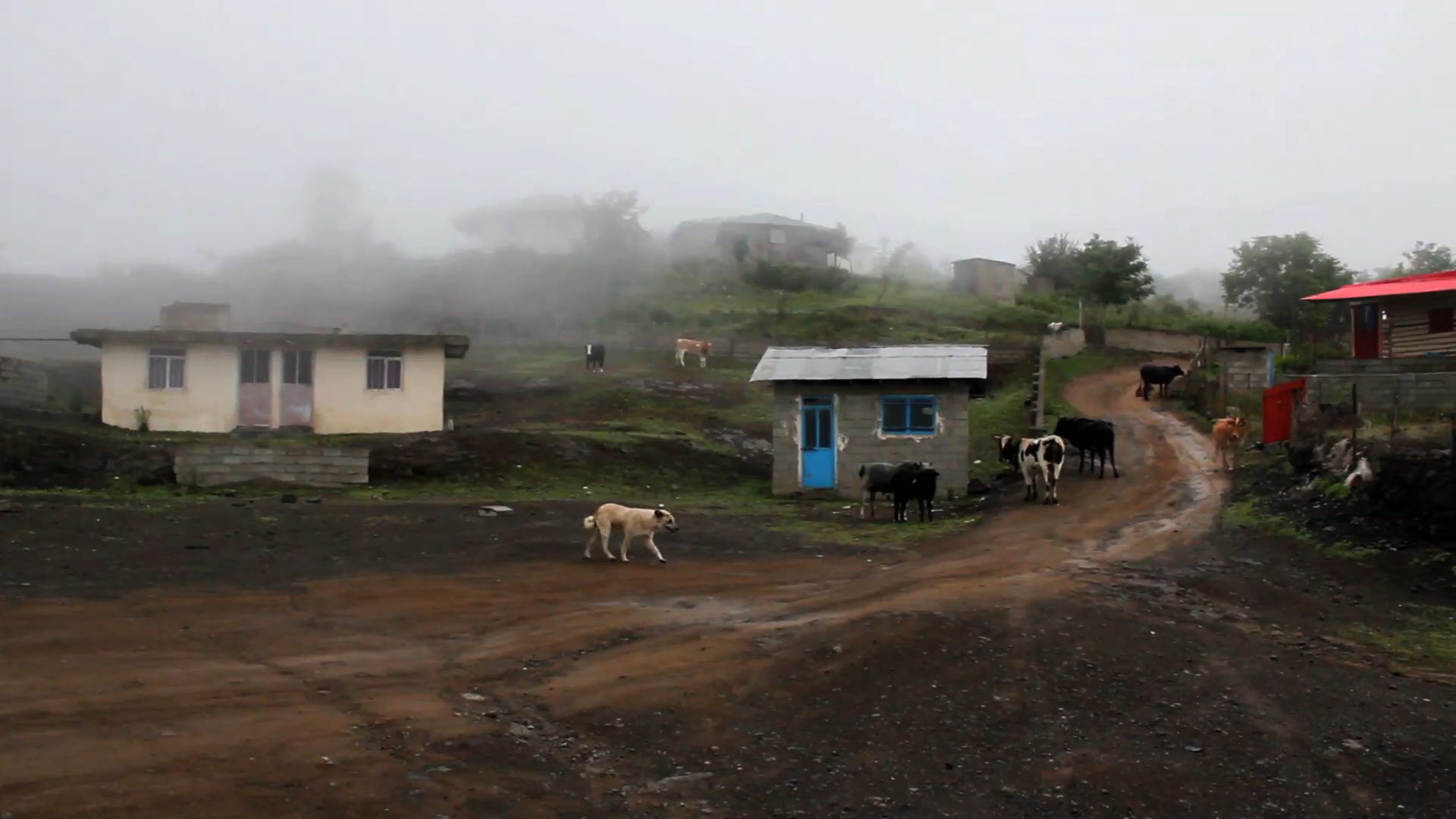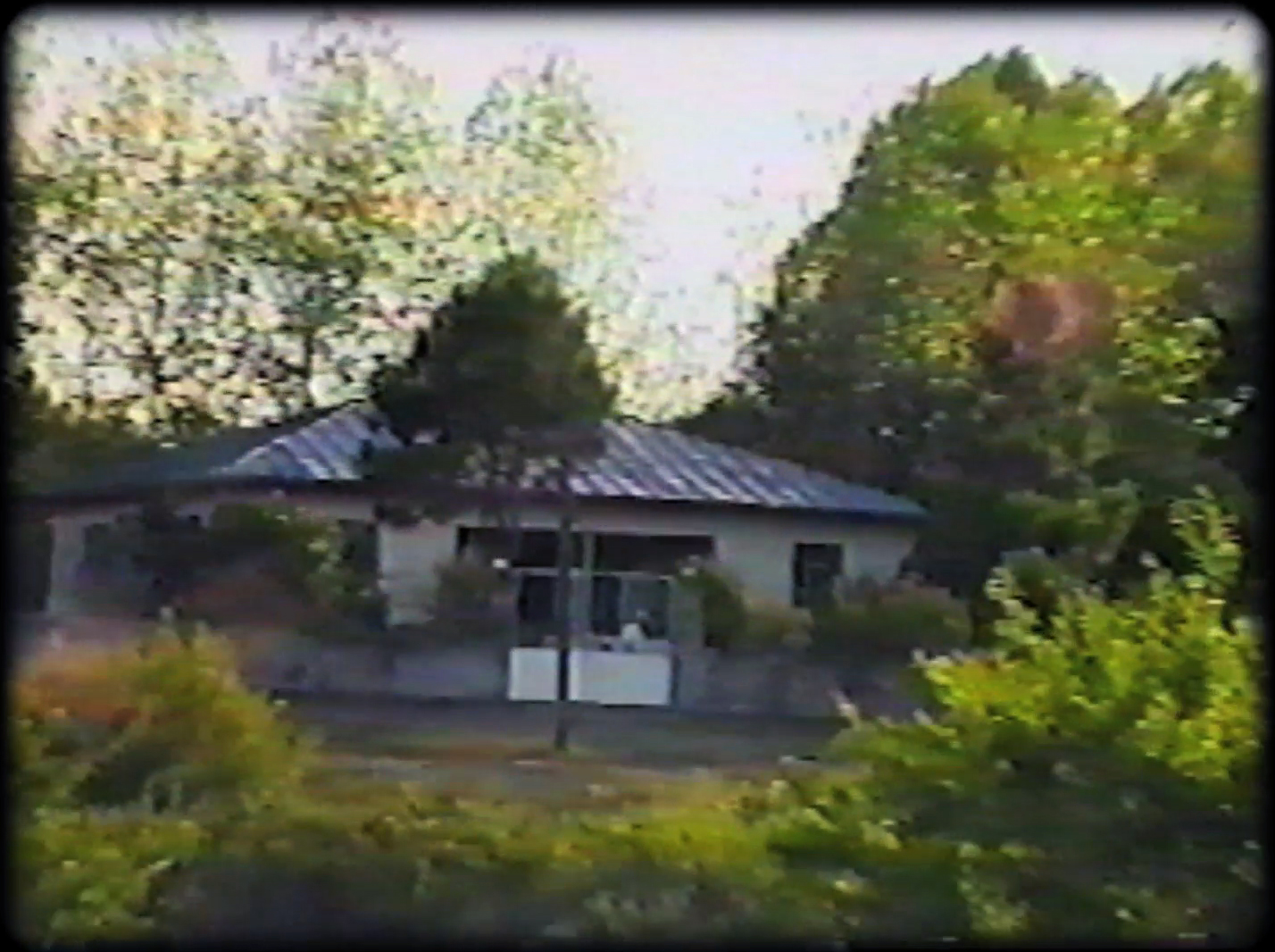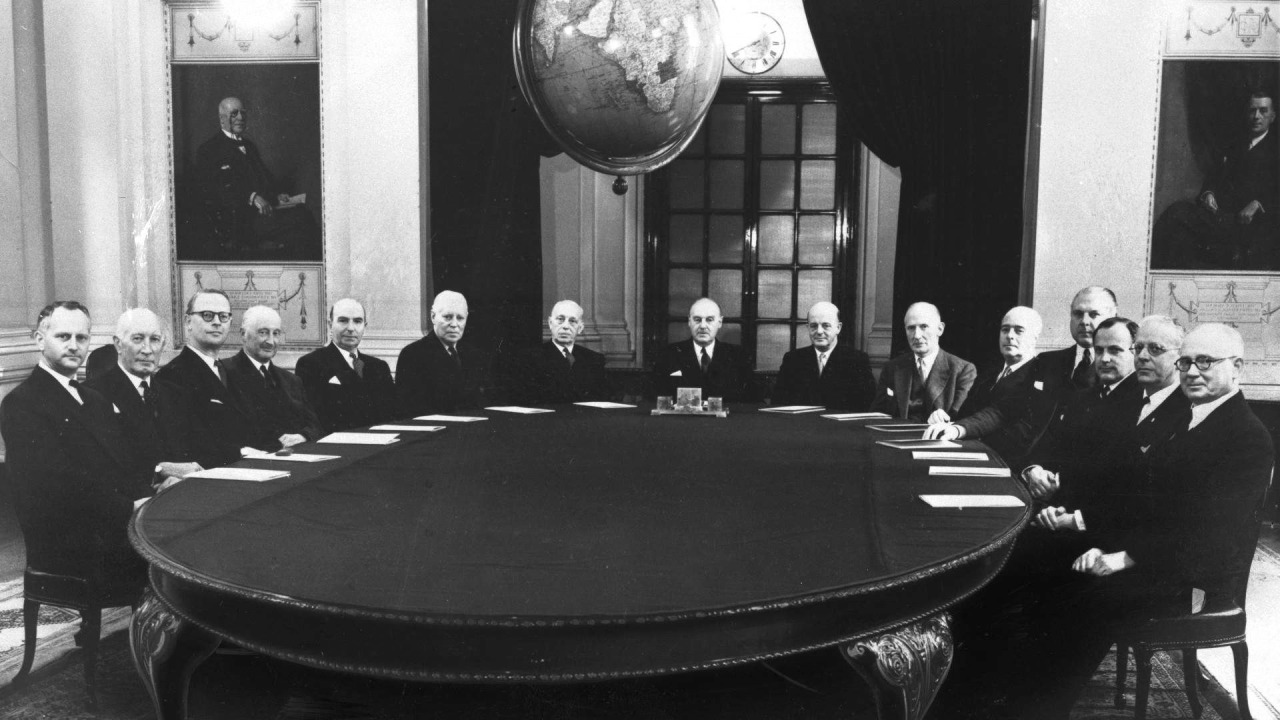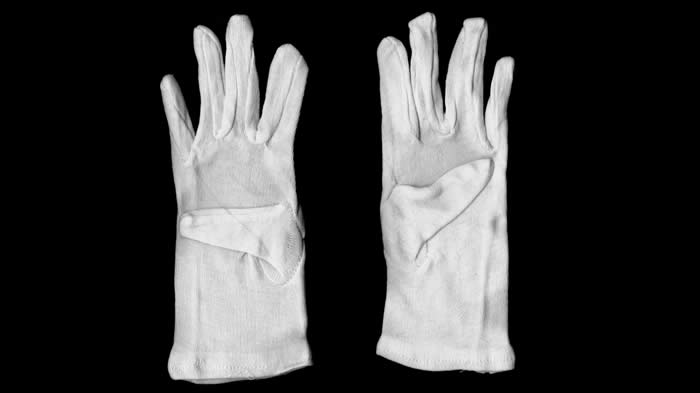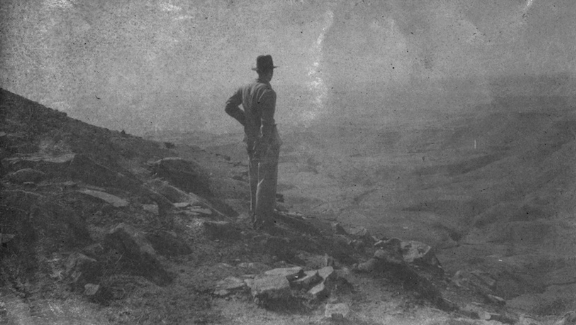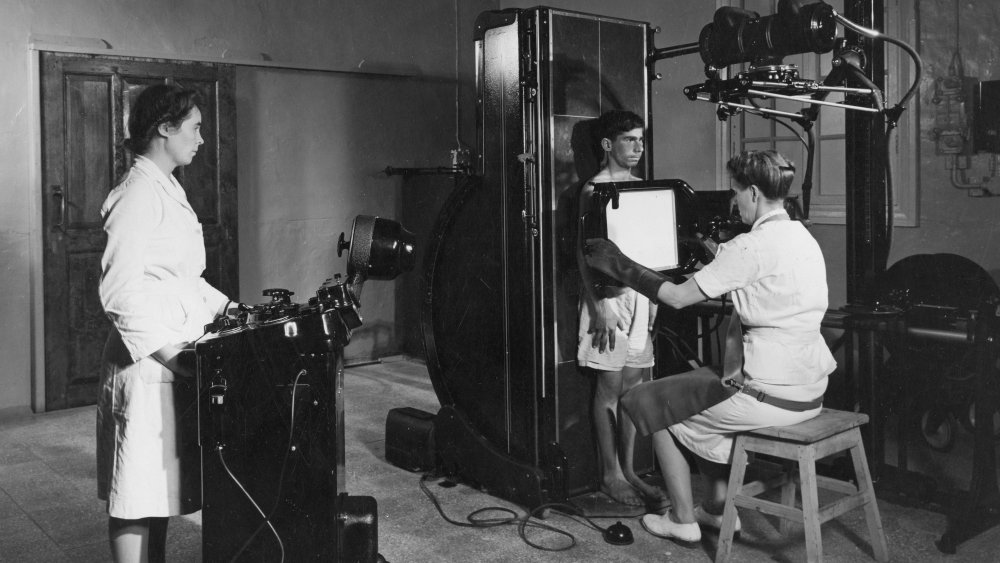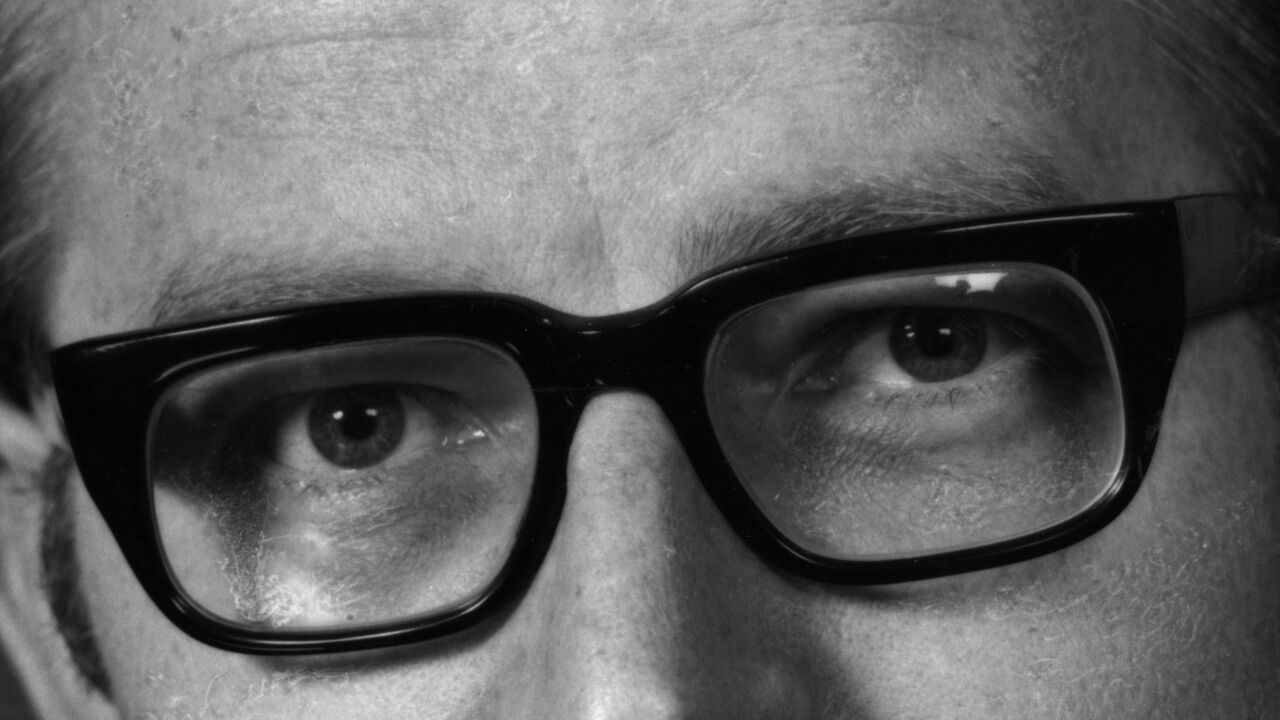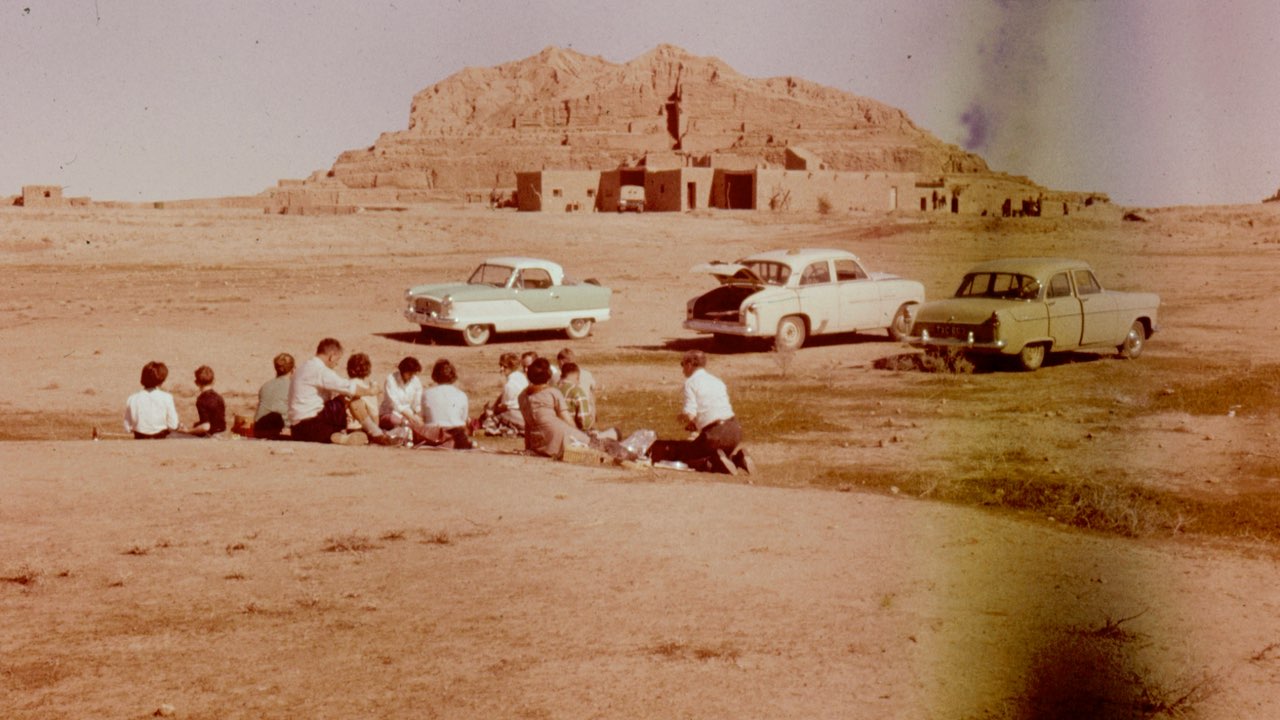Saturday July 23, Doors 7:30PM/ 8PM
$8/ $5 Members & Students
@ CineCycle,129 Spadina Avenue
Part of Summer 2016
Plunging into Iran from radically disparate and yet poetically diametric positions, these two singular works engage in a perceptive dialogue like old friends meeting after a long separation. Taravat Khalili’s Does the Sand Hear the Waves? journals the decentered-soul of the filmmaker’s migration, assembling home(less) movies that perceptively conjure memories of location and loss. From a terrifying distance, Miranda Pennell’s The Host delivers family history in the heat of empire, where all those deafeningly silent artifacts of colonialism (maps, diagrams, markings, and photographs) assemble together in a sober, respectful, and devastating work.
Does the Sand Hear the Waves? by Taravat Khalili (31 minutes 2016)
A personal voyage of migration and loss written in scorched pictures from both sides of the ocean. From an impossible Iran to an impossible Canada, the artist holds the classic immigrant’s position of being at home neither in her new country or the old one. Instead of feelings of home there are the conjurings of family, the devastation of resettlement and new jobs, the blood ties of Farsi and gravesite vigils. The artist holds up each frame, showing us the cost of seeing.
Most unusually, in a digital moment that has turned everyone into video artists, and converted the act of shooting into a haze of camera pointings, here is an artist who has developed a very personal and singular camera style. The camera focuses and refocuses, or else lurks in the corners of her own frames, waiting in the difficult moments of her own life in order to retrieve pictures that look back. These frames within frames point to what is being left out, and to the layerings of memory and displacement that underlies what is on display.
This avant-garde Iranian home movie proceeds through a number of locations, which are also the markers of certain scenes: the parent’s house (snow!), the Subway shop they operate, the filmmaker’s apartment and work studio. A diary script rendered in yellow offers reflections and subtext. “My grandmother got married when she was 15. She has 5 children. They all live outside of Iran. Her three sons live in the US and secured her an American Citizenship but she chooses to live in Iran where my grandfather is buried.” Astonishing moments of intimacy (a house party, a scar) punctuate this family story, as the filmmaker quietly abides, moving her camera slowly over the wounds of returning.
Check out Amir Soltani’s article Pleasure Dome: Far From Iran July 20, 2016 in Hello Cinema an English-language website dedicated to Iranian cinema.
Taravat Khalili is an experimental filmmaker. She has studied filmmaking practices at Sheridan College and earned her Bachelor’s and Master’s of Fine Arts from York University. Personal experiences and emotions have inspired her to explore her inner feelings through filmmaking. Taravat is the recipient of numerous film awards from various film festivals, including Tirgan Film Festival, MaGa Macon Film Festival, Viva Doc International and her films have been officially selected for major festival’s such as Hot Docs, International Film Festival Rotterdam, Cinematheque Winnipeg and CineSiege.
The Host by Miranda Pennell (60 minutes 2015)
This family story plunges the artist into the heat of empire. The artist’s father was employed by the Iranian Oil Company, later known as British Petroleum, so her childhood was spent in a tony desert bungalow surrounded by a peculiar projection of Great Britain. The Host proceeds as a series of maps, diagrams, markings and photographs – here is a landscape understood as utility, as resources that need to be extracted, everything is viewed from a terrifying and objectifying distance. Pennell’s treatise on colonialism is impelled by the haunting laconic rhythm of her montage, we are given time to pore over the surface of every object. A series of accompanying sound effects, many of which arrive at unusual volumes, underscores the artist’s intention to bring the background into the foreground. Her deadpan delivery aims to deliver the material without extra shade or colour, offering the viewer space for our own emoticons. This sober, respectful and devastating work is one of the year’s highlights, a quiet and insistent probe into the act of making and marking territory, of the way identity is constructed in serial acts of necessary blindness, and the way the Other continues to slip in and out of view.
Miranda Pennell originally trained in contemporary dance and later studied visual anthropology at Goldsmiths, London. Her current practice uses material from colonial archives as a starting point for investigations of the colonial imaginary. Prior to this she produced a body of work exploring aspects of collective performance through film and video, which has been widely shown internationally via broadcast and artists film exhibition. Her films and videos have received numerous awards and funding from Arts Council England, Film London’s Artists Film and Video Awards, BBC and the Channel 4 British Documentary Foundation, and the Arts and Humanities Research Council.
